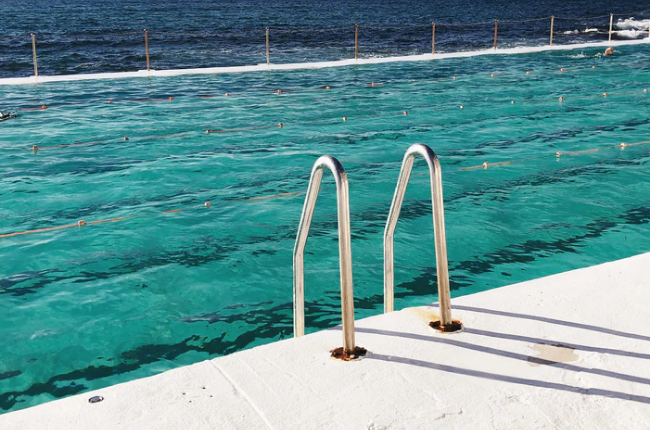As we roll into spring and temperatures start rising, our communities start counting down the days until they can take a dip in their local pool. However, before your council prepares to open its doors to the eager public, it’s vital you’ve completed the necessary planning and addressed all crucial safety precautions. From COVID-19 safety plans, to shooing out any over-wintering ducks, here’s everything you need to know to get your pool ‘community-ready’ this spring.
Getting your pool prep checklist ticked off
The pool season is hot on our heels – and with a large percentage of facilities being closed for over six months, there’s a lot to do to get your pools in an open-ready condition.
Ideally, you should be striving to have your full pool prep checklist ticked off and your pool functional two weeks prior to your scheduled opening date.
Your community will expect your facilities to be open on time and in pristine condition. Failure to prepare adequately could lead to community disappointment, reputational damage or potentially more serious consequences, such as accidents or injury to pool users. Therefore, it’s paramount that you have dotted your i’s and crossed your t’s.
Undertake a thorough pre-inspection process
With any capital works you’ve put in place over winter likely wrapping up at this point, it’s time to turn your attention to a pre-inspection of the facility.
A thorough pre-inspection process will highlight any new hazards that may have presented over winter, and ensure you’ve identified any remedial works needed.
Key areas to assess include, but are not limited to:
- The pool concourse
- The pool proper
- Access and egress points to the pool
- The condition of the water body itself
- Shade structures
- Internal and external signage
- External fencing
- Play equipment (including splash pads and splash parks)
- Showers, change rooms and toilets
- First Aid facilities
- Kiosks
- The condition of green spaces
- Pumps and filtration systems (ensure they’ve been tested)
- Signs of pest infestation (from vermin to over-wintering ducks)
- Chemical storage areas
- Third party equipment and storage areas
- BBQs and picnic areas
- General seating
Review any contracts
If you’re one of the many Member councils who contracts out the operation of their pool facilities, make sure you have reviewed all your contractual arrangements prior to facility handover.
Additionally, make sure your contractor’s insurances, including other third-party insurances, have been submitted and expertly reviewed. When in doubt, refer any insurance queries to your Account Manager.
Put operational plans in place
Develop, update or review aquatic facilities operational plans in accordance with the guidelines for safe pool operations.
Add your COVID-19 Safety Plan to your operational plan
Ensure you’ve established a COVID-19 Safety Plan and added it to your operational plan.
Your safety plan should detail all relevant COVID-19 safety processes, including:
- Signage
- Establishing a regular cleaning regime
- Providing sanitisation materials to the public
- Controlling the number of people allowed in the facility at any time
- Controlling social distancing
- Maintaining a record of people entering the venue
Importantly, your Safety Plan should be unique to your venue.
For assistance creating your plan, refer to Safe Work NSW and the NSW State Government guidance materials.
Finalise user agreements
If your facility has ongoing agreements with third parties such as schools, swimming clubs, swimming instructors, personal trainers or other sporting bodies, ensure that consultation has been undertaken in advance and user agreements are finalised and in place prior to use.
Need further support?
If you are facing issues with your facility, Statewide Mutual is here to help. Your Regional Risk Manager should be your first port of call.
Depending on the nature of your problem, we can either assist you or connect you with our partners at Royal Life Saving NSW – the industry experts in this domain.
If you have any concerns about your facilities, it is well worth contacting Royal Lifesaving NSW, who can visit your venue to conduct an independent audit and site evaluation.
Additional reading resources
Statewide Mutual’s Guidance Note for Swimming Pool Operations.

